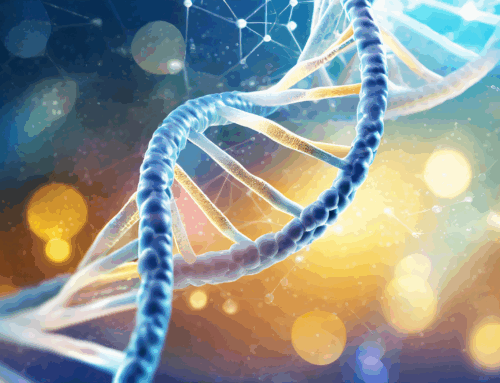While holistic practitioners, naturopathic doctors, and functional medicine professionals each have unique areas of expertise, they all focus on natural and individualized care.
They often employ similar strategies in detoxification, aiming to support the body’s natural elimination processes while addressing underlying causes of toxin accumulation.
- Personalized and Established Detox Plans: Recognizing that each person has unique needs, practitioners can create individualized detox plans based on the patient’s specific lifestyle, diet, environment, and health history. This includes assessing factors like toxin exposure, nutrient deficiencies, and existing health conditions. Established detox plans are readily available to purchase.
- Supporting Liver Function
The liver is the primary organ responsible for filtering toxins from the bloodstream. Detoxification protocols often emphasize supporting liver health using herbs like milk thistle, dandelion root, and turmeric. These herbs are known for their hepatoprotective properties and ability to promote bile production, aiding in toxin elimination. - Encouraging a Nutrient-Dense, Whole Foods Diet
Diet is a cornerstone of detoxification across these approaches. Processed foods are minimized or avoided, while nutrient-dense, organic foods rich in antioxidants, fiber, and essential vitamins are emphasized. For example, leafy greens, cruciferous vegetables, and citrus fruits can support liver enzymes and antioxidant pathways, while fiber from fruits, vegetables, and grains helps bind and eliminate toxins through the digestive tract. - Promoting Hydration
Adequate water intake is crucial for flushing out toxins through the kidneys and urinary system. Holistic practitioners recommend drinking plenty of filtered water and may include herbal teas like dandelion, which can support kidney function and promote healthy urination. - Gut and Microbiome Health
Many practitioners focus on gut health, as a well-balanced microbiome aids in breaking down and eliminating toxins. Probiotics, prebiotics, and a fiber-rich diet are common recommendations to promote gut health and enhance the body’s detoxification capacity. - Reducing Inflammation
Since chronic inflammation can impair detox pathways, naturopathic and functional medicine professionals often incorporate anti-inflammatory foods and supplements, such as omega-3 fatty acids, turmeric, and ginger, into detox programs. By reducing inflammation, the body can more efficiently process and eliminate toxins. - Using Gentle and Natural Therapies
Holistic and naturopathic practitioners prioritize gentle, non-invasive therapies like reflexology, energy work (like Reiki), cupping, massage therapy, sauna therapy, dry brushing, and lymphatic massage to support toxin release. Saunas, for example, can help eliminate toxins through sweat, while dry brushing and lymphatic massage stimulate lymphatic flow, aiding in the removal of cellular waste. Reflexology opens blocked or stagnant blood flow to organs allowing toxins to be released and excreted from the body. - Addressing Lifestyle Factors
Environmental and lifestyle factors, including stress, sleep, and exposure to household toxins, are essential considerations. Practitioners often recommend stress-reduction techniques like meditation, mindfulness, and adequate sleep, all of which support detoxification and promote cellular repair. Additionally, using non-toxic household products result in a cleaner eating, breathing, and sleeping. - Mind-Body Techniques: Holistic and naturopathic practitioners especially emphasize the importance of stress reduction, as stress hormones can hinder the body’s ability to detoxify. Techniques such as energy work (like Reiki), reflexology, meditation, yoga, and breathing exercises are often recommended to help release toxins stored in fat and muscle tissues.
Final Thoughts
Body detoxification plays a vital role in achieving optimal health, particularly in today’s toxin-rich environment.
By employing gentle and natural therapies, supporting essential detox pathways, and addressing individual lifestyle factors, holistic practitioners, naturopathic doctors, and functional medicine professionals work to empower the body’s ability to detoxify.
Rather than focusing only on specific symptoms or organs, these practitioners view the body as an interconnected system.
Detoxification is approached by supporting multiple organs involved in the body’s natural cleansing process, such as the liver, kidneys, intestines, skin, and lymphatic system.
This holistic approach emphasizes prevention, balance, and supporting the body’s intrinsic capacity for healing, ultimately contributing to long-term wellness and vitality.




